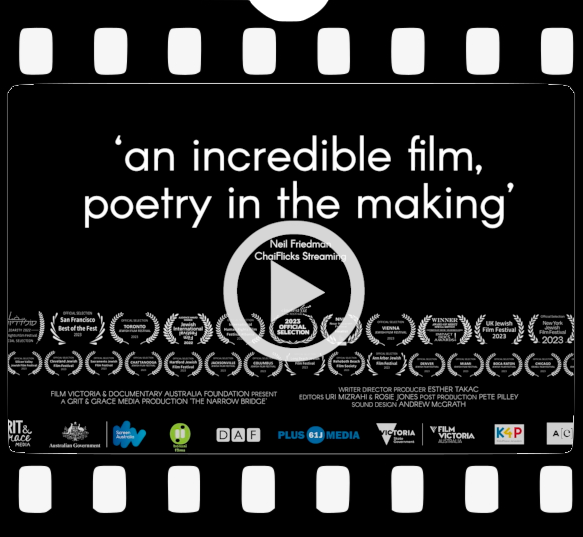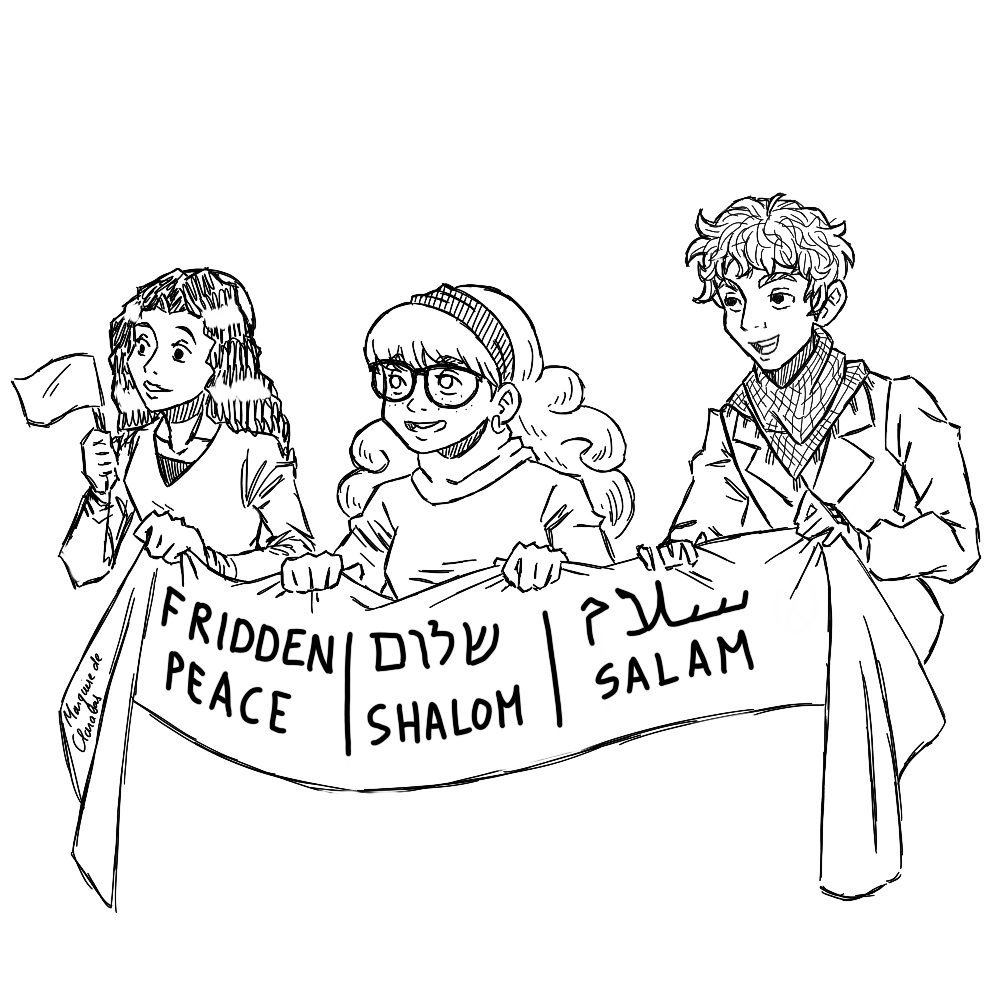Anne-Marie Reuterécrivain
Antonia Ganetomilitante pour les droits humains
Benoît Majerushistorien
Carole Reckingerpolitologue
Catherine Elsenartiste transdisciplinaire
Gilbert Pregnopsychologue, défenseur des droits humains
Guy Rewenigécrivain
Guy Helmingerécrivain
Jana Bahrichmusicienne
Jean Asselbornancien ministre des Affaires étrangères
Jean-Marie Biwerartiste peintre
Jean Portante écrivain
Katy Foxprofesseur
Lambert Schlechterécrivain
Laura Zuccoliancienne présidente ASTI, vice-présidente MDM
Luc Heuschlingprofesseur de droit constitutionnel
Lydie Errancienne Ombudsman du Luxembourg
Martine Kleinbergprésidente Jewish Call for Peace
Nora Schleichphilosophe
Serge Tonnarartiste et activiste
Sophie Mouselcomédienne
Vicky Kriepsactrice
Adolf El Assalréalisateur
Adriano Lopes da Silvachanteur, auteur-compositeur
Adrien Thomaschercheur en science politique
Aïda Patricia Schweitzerartiste
Alain Hermanenseignant, militant syndical et politique
Albert Ettingerprofesseur e.r. et auteur
Alexandra Uppmanartiste
Ali Ruckertjournaliste
Aloyse Leytemhistorien
Ana Pintoprésidente la voix des Survivant-e-s asbl
André Roeltgensyndicaliste
André Schreibergraphic designer
André Wenglerprofesseur e.r.
Andrea Spigarellisyndicaliste
Anja Di Bartolomeoartiste / autrice
Anne Schroederréalisatrice, enseignante
Anne Simontheatre Director and Filmmaker
Anne-Catherine Mulhernarchitecte
Annick Schadeckchorégraphe
Anouk Wageneractrice
Antoine Paccoudchercheur
Antoine Pohuécrivain et dramaturge
Antoinette Reuterhistorienne
Antoni Montserrat Molinermembre de la Plateforme Intégration Immigration Luxembourg
Aude-Laurence Bivercomédienne et metteuse en scène
Batty Gallionsociologue
Ben Stemperhistorien
Benjamin Colesteacher and writer
Bernard Thillmédecin et président de Médecins du Monde (LU)
Betsy Aschmanconseillère communale déi gréng
Betty Welter-Gauléchevine Commune de Strassen
Biwer Robertretraité, ancien bourgmestre de Bettembourg
Botagoz Serikbaevaartiste
Brigitte Urhausenactrice
Camille Kergermusicien, compositeur, chanteur
Carla Lucarelliécrivain
Carlo Jansmusicien
Carole Melchiorartiste photographe
Cary Greischmusicien
Catherine Kontzcompositrice/musique
Catherine Richardréalisatrice, conseillère en éduc. interculturelle
Catherine Scheeranthropologue, enseignante-chercheuse
Catherine Warinavocate, maîtresse de conférences en droit
Cécile Jeitzprofesseure honoraire du Conservatoire de la Ville de Luxembourg
Cédric Kaysermusician
Céline Camaracomédienne
Charel Marguedéputé déi gréng 2018-2023, membre du CSVEI
Christian Bauerarchitecte
Christian Thiryauthor
Christiane Kremerjournaliste e.r., éditrice, auteure
Christianne Wicklerentrepreneur
Christine Dahm-Mathonetdiplômée communications sociales
Christoph Rosenbergarchitecte - urbaniste
Claire Thillcomédienne, autrice
Claude Frisoniartiste, auteur
Claude Genglercaricaturiste e.r.
Claude Mangenacteur, metteur en scène
Claude Neuprofessionnel de la communication e.r.
Claude Waringoproducteur
Clio Van Aerdeartist
Colum Mulhernarchitecte
Coralie Greischmusicienne
Corina Ciocârlieécrivain
Cosimo Sugliaschrëftsteller
Dan Wirothjournaliste
Dana Rufolodirecteur, Theater Research Institute of Europe asbl
Danièle Nielessyndicaliste retraitée
Danielle Hoffeltpoète
David Pereiradirecteur
Diane Elsenengagée pour la santé des femmes
Diego Lo Piccolodirecteur
Dijana Engelmannartiste sculptrice
Djamila Aouadaprofesseur
Dominique Santanahistorienne et réalisatrice
Donato Rotunnoproducteur/Réalisateur
Édouard Kayserprofesseur e. r., historien
Eileen Byrnefilm Director
Élodie Malandaenseignante-chercheuse
Elsa Rauchscomédienne et metteur en scène
Ema Macaramusicienne
Emanuele Santiprésident et cofondateur Afrilanthropy et chef d’enterpise
Emily Groganmusician
Emmanuelle Wilhelmneuroscientifique, médecin
Enrico Lunghihistorien de l'art
Eolia Versticheldocteure en sciences-humaines
Eric Schumacherartiste plasticien et scénographe
Erna Hennicot-Schoepgesancien ministre et anc. députée européenne
Eugénie Anselincomédienne
Fabrizio Malteseproducteur / réalisateur
Fanny Weinquinhistorienne de l'art
Florence Weimerkirchinstitutrice e.r., SEW-OGbL: SOS-Racisme MLF
Franco Perroniancien co-SG de l'Assemblée parlementaire euro-méditerranéenne
Françoise Binsfelddirectrice d'ONG
Frank Hoffmannmetteur en scène, directeur artistique
Frank Thillenconseiller communal
Frank Wiesavocat
Fränz Hausemerréalisateur-musicien
Frédéric Braunjournaliste
Frederico Majerusréalisateur/scénariste
Friederike Hutharchitecte paysagiste
Frin Woltermusician
Georges Kiefferécrivain
Germaine Goetzingerdirectrice CNL e.r.
Gilles Wunschjournaliste e.r., photographe, guide touristique
Giulia Helmingerartist
Govinda Van Maeleréalisateur
Guy Daleidenfonctionnaire d’Etat
Hany Heshmatmusicien
Henri Wehenkelhistorien
Hubert Hausemerphilosophe
Isabelle Lutzartiste
Ivano Iogna Pratjournaliste
Jacques Drescherjournaliste e.r.
Jacques Hillionjournaliste e. r.
Jacques Molitorréalisateur et scénariste
Janine Frischprofesseur e.r., ancienne conseillère communale de la Ville de Luxembourg
Jean Delvauxartiste-peintre
Jean Goedertarchitecte
Jean Hamiliusretraité, ancien Ministre
Jean-Marc Cloospsychiatre
Jean-Paul Nicolaymédecin généraliste
Jean-Pierre Thilgesjournaliste, critique de cinéma
Jeannot Kettelhistorien
Jeff Weitzeldirecteur de l'Office national de l'enfance honoraire
Jérôme Quiqueretécrivain
Jessica Lopessociologue
Jill MullaneU official
Jimmy Skenderovicéchevin
Jitz Jeitzmusicien de jazz
Jojo Weckerprésidente commission du vivre ensemble, Stadtbredimus
Jos Scheuerdéputé honoraire, maire d'Echternach, anc vice-président du LSAP
Josee Hansenautrice, travailleuse culturelle
Joseph Kayserécrivain
Josh Islandmusician
Josip Glaurdićprofesseur en sciences politiques
Julie Conraddesigner
Julien Beckerréalisateur et producteur
Jürgen Stoldtpolitologue
Justine Blauartiste plasticienne
Karma Catenaartist - musician
Kerstin Medingerécrivain
Kim Schneiderfilmmaker
Larry Bonifasmusicien, auteur, componiste, chanteur
Laura Schroederfilmmaker
Laurie Lamborellestyliste de mode
Leo Folschetteproducture TV, actor
Leon Krierarchitecte et urbaniste
Letizia Romaninivisual artist
Lex Gillenmusicien
Lisa Burkebroadcaster
Lisa Kohlartiste
Luc Wiesvisual artist
Luce van den Bosscheécrivaine
Luciane Paulymédecin généraliste
Lucien Blauhistorien
Lucien Steilarchitecte
Luka Tonnarmusicien, producteur, compositeur
Magaly Teixeiraactress
Marc Angelartiste
Marc Gergescommunication politique
Marc Thilljournaliste
Marco Lorenziniacteur
Margot Reding Schroederartiste
Mari Fe Pavónmusicienne
Marianne Donvenprésidente d’Open Home - Oppent Haus Asbl
Marie Anne Rodesch-Hengeschombudsman pour les droits de l’Enfant e.r.
Marie-Laure Rollandla Voix des Survivant(e)s Asbl
Marja-Leena Junkercomédienne
Marlene Soaresphotographe
Martine Goergenchirurgien
Martine Kriepsavocat à la cour
Martine Mayeuxjournaliste
Martine Solovieffprocureur général d’Etat honoraire
Mary Faltzdéfenseure des droits humains, écrivaine
Maryse Krierécrivaine
Maryse Lannersjournaliste
Maurice Wagnerscientist
Max Lenersavocat à la Cour
Max Thommesacteur
Maxime Weberschrëftsteller
Mélina Steiner / Emeraudechanteuse
Michel Erpeldingchercheur en droit international
Michel Paulyhistorien
Michel Pletschettemédecin, enseignant
Michèle Cleesactrice, professeur d’art dramatique e.r
Michèle Frankartiste-peintre, écrivaine
Michèle Hemmeragent culturel
Michèle Thomaécrivain
Mike Butchersound Engineer / Producer
Milla Trauschactrice et pédagogue de théâtre
Mireille Weiten-de Wahaécrivaine
Misch Feinentravailleur culturel
Mohamed Hamdihistorien
Monique Paillardancienne présidente des Amis du Tibet-Luxembourg
Monique Schroedersculpteur-ceramiste
Nadia Masrifilm director
Nadia Piazzienseignante / historienne
Nadia Prangemusicienne
Nadine Zangariniartist
Naomi Berrendeditor and author
Nataša Grujovićmusician/composer
Natasha Lepageclimate justice and Human rights activist
Nathalie Noé Adamartiste
Nathalie Oberweispolitologue
Nathalie Reulandpsychothérapeute
Nathalie Ronvauxauteure
Neckel Scholtusartiste photographe
Nezar Al Rawifilm Producer
Nico Pundelbourgmestre de Strassen
Nicolas Hirschcommunal counsellor déi Gréng / counsellor respect.lu
Nicolas Steilproducteur de films
Norbert Stompdirecteur MNHN e.r.
Oscar Martinacteur
Paca Rimbau Hernandeztraductrice
Panajota Panotopoulouarchitecte
Pascal Graniczkabarätist
Pascale Junkersystemic Foresight Expert and author
Pascale Noé Adamactrice
Patricia Lippertartist
Patrick Kleeblattjournaliste
Patrizia Arendtmilitante associative
Paul Delaunoisemployé dans une ONG
Paul Thiltgesproducteur de films
Paul Zahlenhistorien
Paulo Lobophotographe
Philippe Nathanarchitecte
Pia Burggraffjournaliste
Pierre Hurtlawyer/professor
Pierre Marmannmédecin ORL et écrivain
Pina Delvauxartiste
Pit Péportéhistorien
Pit Riewerpeintre
Pit Wagnerartiste visuel
Pol Wirtzretraité journaliste et consultant
Rari Mateiréalisateur et scénariste
Raymond Beckerfriddensplattform
René Kollwelterprofesseur, anc. Député
René Penningdirecteur Kulturfabrik
Ricardo Sandovalmusicien
Richard Grafjournaliste e.r., acteur de la solidarité intern.
Rico Winandymusicien / artiste-peintre / sculpteur
Rita Velazquezconseillère communale
Robert Altmannprésident honoraire d'Amnesty International Luxembourg
Robert Brandyartiste peintre
Robert Hallartist
Rogers Delgado Sáezancien prisonnier politique au Chili
Rosalie Marie Clemensculture / history
Roxanne Peguetréalisatrice
Sabrina Castelloprésidente de l'association antiraciste Ally Book Club asbl
Sandro Dos Santosjournaliste
Sascha Leyperformer
Serge Allegrezzaéconomiste statisticien
Serge Kollwelterinstituteur e.r.
Serge Urbanyretraité, député honoraire
Serge Wolfspergerauteur-réalisateur
Shade Sadiku Cuminiartiste visuel
Sidney Wiltgenjournalist
Skerdi Zanajprofessor at University of Luxembourg
Sophie Langevinmetteuse en scène, comédienne
Stéphane Rousselauteur et metteur en scène
Stephany Ortegachanteuse
Stephen De Ronavocat à la Cour
Steve Karieractor
Stilbé Schroedercuratrice et responsable d’exposition
Sylvie Braquetpsychothérapeute
Tammy Reichlingenseignante/ theaterartist
Tania Soubryartiste transdisciplinaire
Tarik Bouriachisociologue
Théo Péporté
Thierry Besselingfilmregisseur
Thierry Simonellipsychanalyste
Thierry Winnjournaliste, Reporter d’Images
Thomas Cauvinhistorian
Thomas Faber - Maz Univerzemusician/Artist
Tilly Metzdéputée européenne
Tine Krumhornartiste
Tom Aleschréalisateur
Tullio Forgiariniécrivain, scénariste
Tun Bievermusicien, producteur
Tun Tonnarmusic producer/artist
Vanessa Brownartist
Vania Lecuitvioloniste
Véronique Faberdoctorante en histoire
Véronique Fauconnetmetteure en scène, comédienne
Veronique Poujoljournaliste
Victor Tricarartiste
Viktoria Vanyiartiste indépendante
Vincent Gérinmusician
Viviane Loschetterpédagogue sociale
Viviane Thillcritique de cinéma
Yann Tonnarproducteur
Yolande Petry-Fettpédagogue théâtrale
Yves Conrardytravailleur culturel
Zohra Mradartiste, designer
Adama Ouedraogomanutentionaire
Adela Garcíafonctionnaire UE e.r.
Adélia Soaresretraitée
Aïcha Fabermédiatrice
Aimee Mallingerenseignante e.r.
Alain Mannonretraite
Alasdair Griersonfonctionnaire
Albert Rodeschavocat
Alexis Delfossestudent
Ali Sherwaniretired
Alice Philippienseignante e.r.
Alice Rischcitoyenne
Alicia de Medina-Rosalestraductrice
Aline Kmecenseignante
Alison Guillaumeeducatrice
Alister Adamsfreelance Artist
Allal Boussataeconomiste
Amir Musovicenseignant-employé
Ana Luísa Teixeiradiplôme Relations Internationales
Anabela Alvespensionnée
André Grosbuschprofesseur e.r.
André Hoffmannenseignant retraité
Andrea Di iulioingénieur communal
Andrée Gersonpsychologue
Andrée Werner-Neuenconsultante
Andrew Lintner transport
Aneliya Tilevasector financier
Angele Ackermannretraitee
Aniela Bettelretraitée
Annabelle Laborier-Saffranpsychologue
Anne El Mahrinfirmière
Anne Lang Haffnersophrologue
Anne Schmitzanthropologist
Anne Severacenseignante
Anne-Marie Flieshistorienne d'art
Anne-Marie Frankpharmacienne
Anne-Marie Millimprofesseur
Anne-Marie Tonnarkinésithérapeute
Annick Gensonfreelance
Änny Kellersexopédagogue
Antonella Michelinoceo
Apostolos Karanastasismaterials Engineer
ASSU Sitaresponsable marketing
Astrid Heckretraité
Aurelia Maverréceptionniste
Aurélie Wenzelmusic teacher
Babeth Neiersdesigner e.r.
Becker Gabyéducatrice chargée de cours e.r.
Bence Böjtisoftware development engineer
Bénédicte Bauerreal Estate
Bénédicte de Grubenformatrice
Bernard Biggarretraité
Bernard van Rielretraité
Betty Durstretraitée
Blanche Ponceletretired
Boris Lombardifonctionnaire
Brigitte Barthelmyaide-soignante
Brigitte Rommesenglish teacher
Brigitte Schmitzretraitée
Brontë Gudgeonstudent
Caeli Colganstudent
Carine Heischbourgassistante sociale
Carla Wolmering teacher
Carlo Ferranteteacher
Carlo Parriesmédecin
Carmen Meysembourgfonctionnaire
Carole Medernachretraitée
Carole Regenwetterprofesseur d’histoire
Caroline Lentzfonctionnaire
Caroline Ludwigassistante sociale
Caroline Scholtuskinésithérapeute
Caroline Thill-Schmitemployée privée
Catherine Clesennurse
Catherine Dimmersozialpädagoge
Catherine Majeruspsychologue/Psychothérapeute
Catherine O’Neillfinance
Catia Chambelbeauty Advisor
Cécile Jérouvillecoordinatrice formations secteur social
Cécile Paulusenseignante e.r
Chantal De Mesmaekerpsychotherapist
Chantal Ronkarassistanta sociale
Chantal Schaulteacher
Chantal Theinretraitée
Charel Braconnierenseignant
Charles Meder
Charles Meyersdirecteur e.r.
Charles Mullermetteur en scène
Charles Werneringénieur
Chatphon Hasserinformaticien
Christa Brömmelsanté
Christian Weierlandscape architect
Christiane Godarte.r.
Christiane Kreckélibraire
Christiane Stieferassistante d'hygiène sociale e.r.
Christiane Stiefernurse/Infirmière
Cindy Mazzarinienseignante
Claire Solovieffaide-éducatrice
Claude Clemensfonctionnaire
Claude Grégoireenseignant e.r.
Claude Knepperfonct. d'Etat e.r.
Claude Noesenassureur e.r.
Claude Raisonpensionaire
Claude Schiltzgéographe
Claude Wangenenseignant
Claudine Girtgen teacher
Claudine Philippe fonctionnaire
Claudine Aleschprofesseur
Claudine Kriepsfonctionnaire
Claudine Mullerpensionnée
Claudine Poosenquêtrice
Claudine Riesretraitée
Claudine Vandernootretraitée
Cléo Thomaenseignante
Colette Arendtretired
Colette Bellionretraitée
Colette Coletteenseignante e.r.
Colette Zapponipsychanalyste
Cora Magloavocat à la Cour
Coralie Bertrandassistante sociale
Corinne Muzzolinienseignante
Coryse Blaiseeducatrice
Daisy Schmitenseignante en retraite
Dalilla Maackretraitée
Dan Codellofonctionnaire
Daniela Thill Schurmannstudent
Danièle Di Catotraductrice
Daniele Kukuljaccharger d affaires
Danielle Clementretraitée
Danielle Lindenfonct. com. en retraite
Danielle Nicolaretraitée
Dany Frank
David MALLINGERassistant social
David Thommesgéographe
Degrand Marcelpensionnaire
Denise Ruppert-Hossinstitutrice en retraite
Deolinda Martinsinternational cooperation professional
Désirée Kihnenseignante en retraite
di iulio andreaingénieur communal
Diane Eifesengaged citizen
Diane Millerprofesseur honoraire Athénée Luxembourg
Djo et Norbert Thilges-Lannersenseignement
Dogan Demircanavocat
Dominique Hennenenseignante
Doris Marco Mancinienseignant
Dror Linderanalyste en Scienbces politiques, retraité
Edgar Biseniusactiviste
Edmee Cathreinretraitée
Edoardo Nicola Santistudent
Eliane Algrainenseignante e.r.
Eliane Fettesretraitée
Elisabeth Hoffmannmédecin
Elisabeth Trocherisretraite
Elisabetta Spadaforaretraitée
Elsa Mayteacher
Emira Zilkicearly Childhood Educator
Eric Mullerjuriste
Ernest Welterretraité
Erwin Franzenretraité
Esmeralda WirtznGO
Esther Schortgenprofesseur
Etienne Bayenetsalarié
Etienne GRIMEEsans
Ev Weispédagogue
Eyitayo Faderinbanking
Fabienne Dimmermusic business
Fabrizio Annicchiaricoentrepreneur
Faruk Licinaemploye
Fatiha Zaidanepsuchomotricienne
Fernand Sauerretraité
Fiona Mulherngraphiste
Florent Glodetat
Francesca Lombardifonctionnaire UE
Francesco Caldarolacoiffeur
Francette Brucherguide musées et LCTO
François Kleinemployé privé
Frank Fischbachmédecin vétérinaire
Frank Wolffbiologiste
Fred Erpeldingmédecin généraliste
Frédéric Mertzsociologue
Gabriela Caceres historienne, actrice de la solidarité internationale
Gaby Damjanovicpsy. Dipl
Galnari Galnarimusicienne et écrivaine
Geneviève Jadoulchargée de cours d'alphabétisation pour adultes
Georges Helmingerretraité
Georges Reckingerprofesseur Retraité
Germaine Thill-Ditschpensionnée
Gianfranco Picchitrade Mkt Director
Gilbert Stoosretraité
Ginette Altmannprofesseur
Ginette Scherschelresponsable RH e.r.
Giulia Barbarossacultural sector / Archives
Grace Choeeducation
Guy Assaresponsable culturel e.r.
Guy Berchemmédecin
Guy Medingerinspecteur de l’E.F. détaché
Hajrudin Hadroviccommerce
Hakam Jayyousieu commission
Halima Zaidaneaide médico psychologique
Heidi Duchateau-Deckers employée assurances
Helder Da Graçaenseignant de yoga
Hélène GinollincISE Luxembourg asbl
Henri Grünpsychothérapeute
Henri Thillretraité
Henry Welschbilligdirecteur de lycée e.r.
Heros Angieinfirmiere
Herve Hubertretraité
Hilaire Schmitretraité
Hubert Ducarmeretraité
Humphrey Gudgeonself-employed
Ingrid de Saint-Georgessociolinguistique
Isabelle Jacobsenseignante e.r.
Isabelle Jean
Ivana Prochazkaretraitée
Jacoba Meesterinfirmière e.r.
Jacques Mathgenretraité
Jamil Haddamédecin dentiste
Jean-Christophe Charronex fonctionnaire international
Jean-Claude Sünnenretraité
Jean-Claude Thümmelretraité
Jean-Marie Smerkeouvrier
Jeanne Delahayeretraité
Jeanne DonvenProf. à la retraite
Jeanne Schosselerretraitée
Jeanne Welterenseignante e.r.
Jeannine Bugadaretraitée
Jeannot Kiefferétudiant
Jeff van Luijkcitoyen
Jill Bettendorffmultidisciplinary artist, coach
Joëlle Boeres
Joelle Rasselagent
Jos Binckmenuisier
Jos HermaniNSTITUTEUR e.r.
Jos Rollerenseignant e.r.
Jos Scholtesprof.Ing.Dipl.hon.
Jose Casimiro Fernandespension/EU
José Javier Fernándezcelador
Josée Schannespensionnée
Joseph Thillagronome e.r.
Julie Faberretraité
Julie Oéavocate
Julie Putzeysretraitée
Julie Smitsolidarité internationale
Julien Parriesingénieur
Juliette Whelanretired
Jutta Avratretired
Jutta Bayerretraitée
Kalil Oueslatiproperty manager
Karen Tweereconomist
Karima Cherefarchitecte
Karin Herzigarchitect
Karine Loryemoloyee
Kevin ColganiT
Latifa Assebanesalarié
Laura Jallaystudent
Laura Urhausensozialpädagog
Laura Van den Kerchovegeography teacher
Laurence Hulinemployee
Lena Kleinteacher
Lena Van den Kerchoveenseignante
Liliane Hengen-Thillfemme au foyer
Liliane Stomp-Erpeldingprofesseur d'anglais e.r.
Lisy Kriepspsychotherapeute
Liviana Foresienseignante e.r.
Loïc Ringenwaldinformaticien
Lol Humbertretraitée
Lola Artigaodirectrice asbl insertion socio-professionnelle
Lou Scheidercitoyen humaniste
Luc Ewencréateur
Luc Koedingerethnobotaniste
Luc Olingeravocat à la Cour
Luca Jallay Gehlenstudent
Lucien Kayserprofesseur e.r.
Lydie Fassbindercivil servant
Lydie Gehlenformatrice en alphabétisation
Maggy Guilleaumeinfirmière
Makvira Bilaliéducatrice
Manuela Pulcinelliagent immobilier
Manuela Soissoninfirmière e.r.
Marc Demuthmusicien
Marcel Bohlerprofesseur retraité
Marcella McCarthyenseignante en retraite
Marcelle Hoffmannkinderkranken Schwester
Marcelle Mackelretraitée
Marco Di Vincenzoretraité
Marco Vispiretraité
Margot Heirendtcitoyenne
Marguy Krierretreated teacher
Maria Herculana Costa da Silvaretraitee
Maria José Donvenretraitée
Maria José Donvenretraitée
Marianne Henschenprofesseure e.r.
Marianne Hoffmannfonctionnaire
Marianne Ortvaldretraitée
Marianne Schummerenseignante
Marianne Strockretraitée
Marianne Wampachretraitée
Marie Jeanne Schonpsychologue, psychothérapeute familiale
Marie-Angeles Romeraprofesseur
Marie-Elise Bellwaldretraitée
Marie-Line Vallecallemère
Marie-Lise Margueassistante sociale e.r. chargée de cours e.r.
Marie-Louise Thillretraitée
Marie-Paule Arendt-Brosiusretraitée
Marie-Paule Marie-Paule van Rielindépendant
Mariette Hoelpesretraite
Marta De Medina-Rosalesingénieur
Martha Pinziretraitée/ éducatrice dans la petite enfance.
Marthe Estgenenseignement
Marthe Herman-Patzemployée privée en retraite
Marthe Noesenretraitée
Marthe Wagenerfonctionnaire de l’Etat
Marthy Thullaide soignante
Martine Beckerretraitée
Martine Charriotfonctionnaire retraitée parlement europeen
Martine Luxenassistante sociale
Martine Neyencoach
Martine Origerteacher
Martine Peporte-Feltesretraitée
Martine van Wissen-Bertemesinfirmière e.r.
Martine Wathgenretraite
Marzenka Krejcirikchild protection
Max Schmitzfonctionnaire
Maxime Gaillyéducateur
Mehdi Mribahjeunesse / youth
Melanie Chamberskinésithérapeute
Melanie Noeseneducation
Meriem Abaiedchargée de projet pédagogique/ militante professionnelle
Meryem Belhouaririsk Manager
Michael Maackeconomist
Michel Hildpromoteur
Michel Legrandsociologue e.r.
Michel Riccoinformaticien
Michèle Bernardretraitée
Michèle Erpeldingretraitée
Michele Fanellichauffeur de bus
Michèle Machadocitoyenne de l’humanité
Mick Entringerenseignante
Mirella Di Tulloenseignante / ONGD
Misch Donvenbibliothécaire
Modert Moniqueretraitée
Mohammed Kararetraite
Monette Weis-Scheidere.r.
Monica Norbartmediator
Monique Delvauxaide-soignante
Monique Ferringassistante d‘hygiène sociale
Monique Gilbertzretraitée
Monique Hamiliusmédecin vétérinaire
Monique Junkerpolitologue
Monique Lammaraccountant
Monique Nanquette- Weimerskirchmère et grand-mère
Monique Schaackassistante sociale
Mourad SEBKIavocat
Muriel Pescatoreteacher
Muriel Sinnerenseignante
Mustapha Kerroummanager commercial
Myriam Von knobelsdorffindependant
Nabila Fiouaneentrepreneur
Nadia Sanafoctionnaire UE
Nadine Anenteacher
Nadine Entringercitoyenne
Nadine Nadineenseignante
Nadine Vinandypsychothérapeute
Nadine Wirtzsalariée
Najet Mediniretraitée
Nasir Zubairifinance
Nathalie Bintenerprofessur
Nathalie Tonnaréducatrice diplômée
Nathalie Weissmarketing Manager
Neia Monteirointernational cooperation
Nicolas Reyteringénieur retraité
Nicole Reckingerprofesseur e.r.
Nicole Wolterenseignante e.r.
Niels Carreralaw
Noel Fautschstudent
Nora Lavandierdocteur en médecine
Norbert Oéretraité
Norbert Walischeducateur
Olivier Langjuriste
Olivier Mortelmansself employed
Olivier Scheeckfonction publique
Otilia Dragancommunications/ student in psychology
Pablo Sixto Sanchez Trujillocomptable
Pace Catenaaide à l’Enfance
Paloma Sánchez Rodriguezfinancial officern
Pascale Kolbpsychologue
Pascale Van Uytvinckkinésithérapeute
Pascale Waringoassistante sociale
Pascale Zaourou
Patricia Schurmannsecretary
Patrick Boschconsultant
Patrick Byrnefonctionnaire européen e.r.
Patrick Juniofreelance
Patrick Riesavocat
Patrizia Rizzini cancarinibusiness development manager
Paul Estgensociologue
Paul Hoffmanninstit pensionné
Paul Lannersretraité
Peter Vlamingcoordinateur de sécurité e.r.
Petra Carvalhotravel Agency
Philippe Delfossechercheur
Philippe Hermaninstituteur E.F.
Philippe Ternesconsultant
Pia Alia-Eischenesthéticienne
Piero Francesco Bezzirentner
Pierre Joppartemployé privé
Pierrette Maasprofesseure
Rachel Reckingersociologue de l’alimentation
Raymond Weberretraité fonction publique
Renée Waringopensionnaire
Renée Weilercéramiste potière
Reyhan Arasemployees
Richard SchmidhR manager
Rita Neuéducatrice
Robert Bojanovicemployé CFL
Roger Schaulsenseignant e.r
Romain Bellwaldinstituteur e.r.
Sabine Tonnarprofesseure de yoga
Sacha Schmitfonctionnaire
Sasa Siroveclangues
Saskia Heusmannarchitect
Serge Hieronimyemployé privé et photographe
Serge Lecoyerhumain
Séverine Paulyluxembourgish teacher
Shay Colganstudent
Shivam Singhcybersecurity
Silvia Leistenschneiderretraité
Simone Wagnerstudent
Simone Weilervendeuse e.r.
Sissy Hatzichristoumedecin-Dentiste
Sofia Fernandes Duartekinésithérapeute
sogand lepotmedecin
Sonia Vega Vega fonctionnaire
Sonja Martellotto sans
Sonja Piazzaretraitée
Sonja Schmol retraité
Sophie Peneninfirmière
Sophie Rodeschcriminologue
Sophie-Anne Schaulgestionnaire de projets
Soraya Azzamavocate
Stefania Rigilloadministration Officer
Steffy Fischemployée
Susi Estgenréceptionniste
Suzana Cascaoresearcher
Sven Remakelstaatsarbeschter
Sylvie Hermanpédagogue
Sylvie Junkerretraitée
Tania Serredfonctionnaire
Terry Adamsretired
Tessa Turmesenseignante
Tessy Frantzretraitee
Théo van Wisseninfirmier e.r.
Thierry Krombachentrepreneur
Tina Amraniassistante de direction
Tom Delles
Tom Schauldignity asbl
Tom Veissépublic servant
Valérie Kalmusétudiante
Vanessa Berrendemployée de banque
Veronika Fischbachveterinär
Véronique Bielenseignante
Véronique Véroniqueeducatrice graduée
Viviane Wirtzpeace manager
Xavier Gilquinretraité
Yanis Boschstudent
Yanis Jerbiaétudiant en médecine
Yola WiesRRH
Yuliya Braun-Hrybovichpsychologue
Zina Menhaltraductrice
Zurita Peraltajuriste
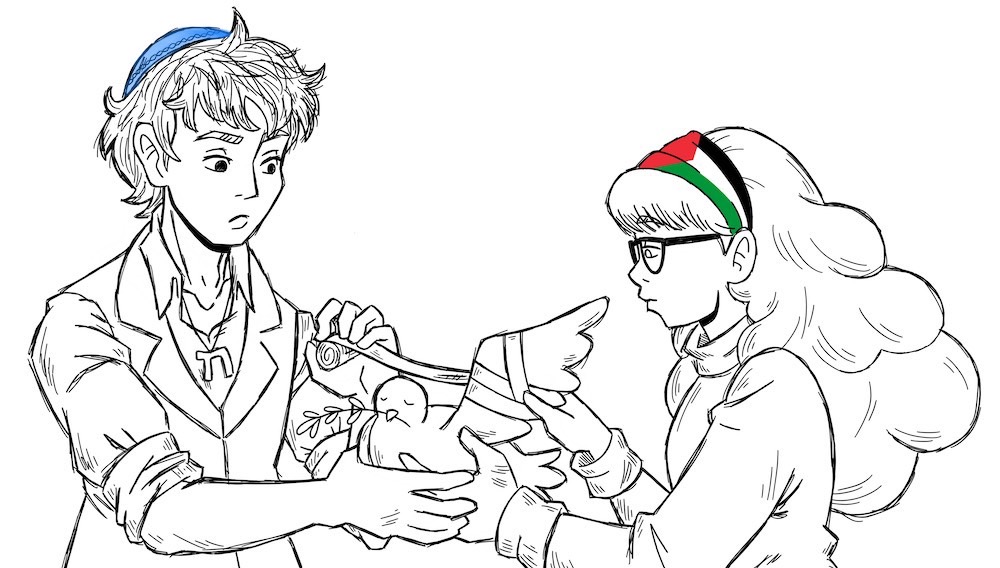




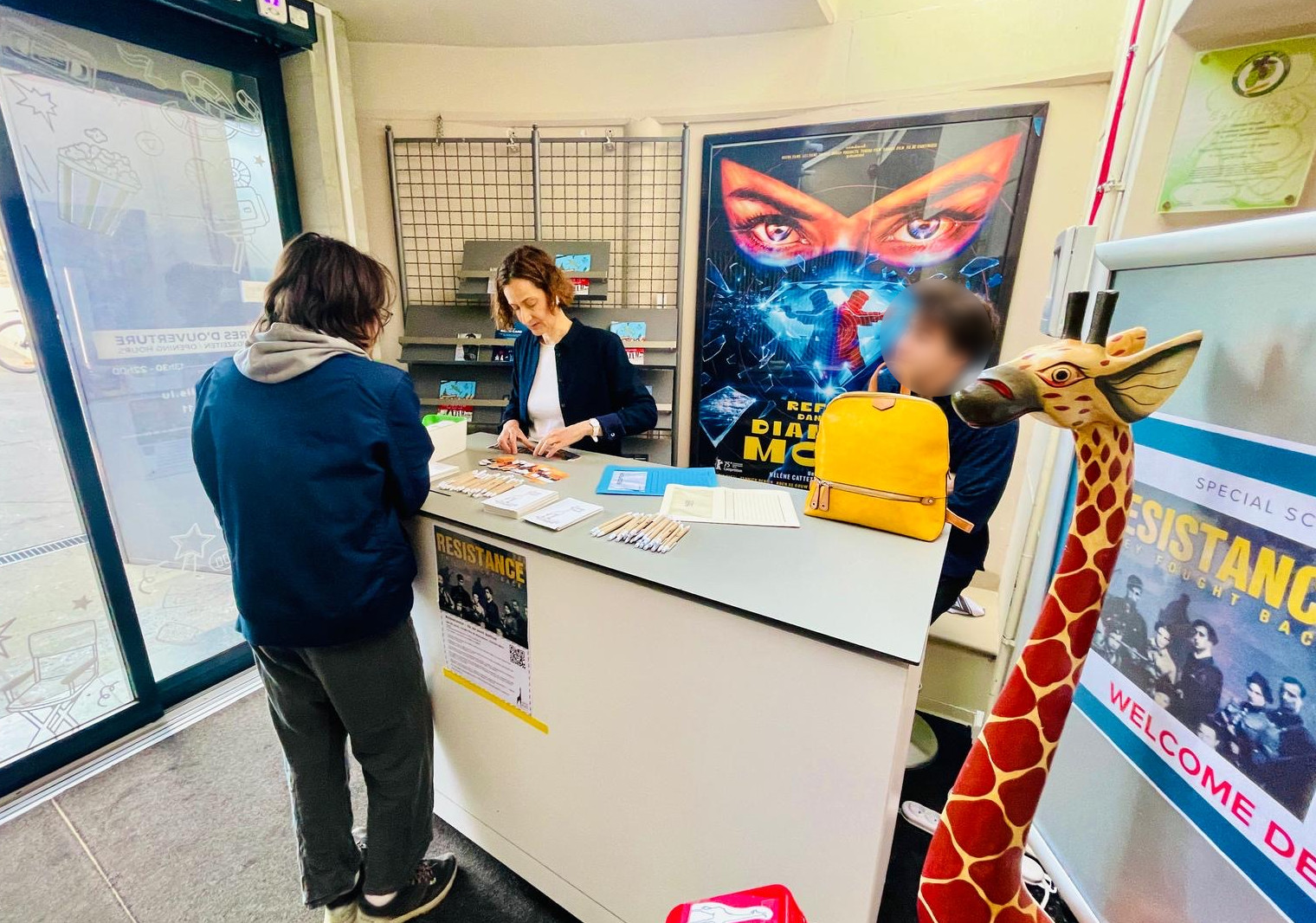
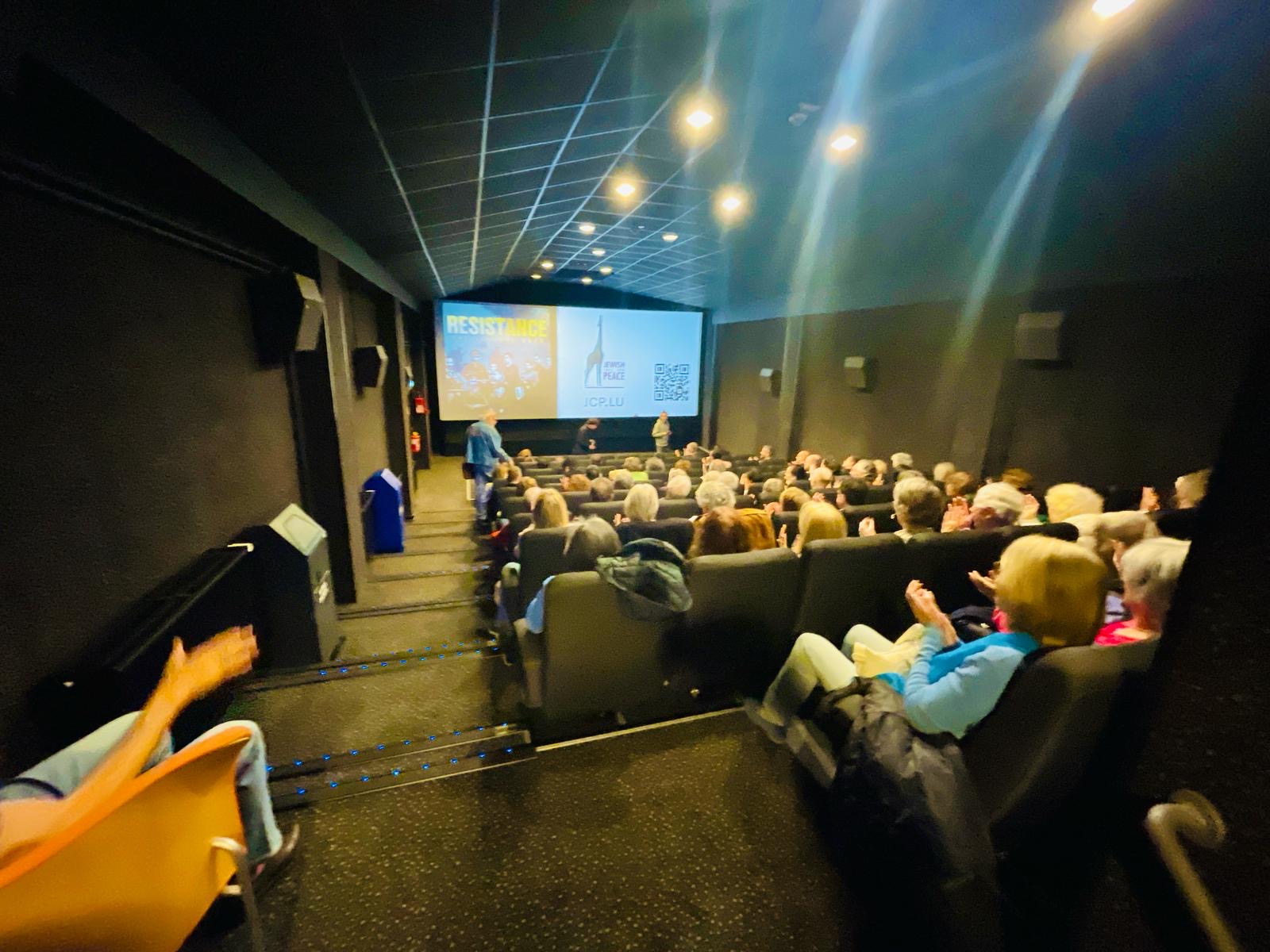
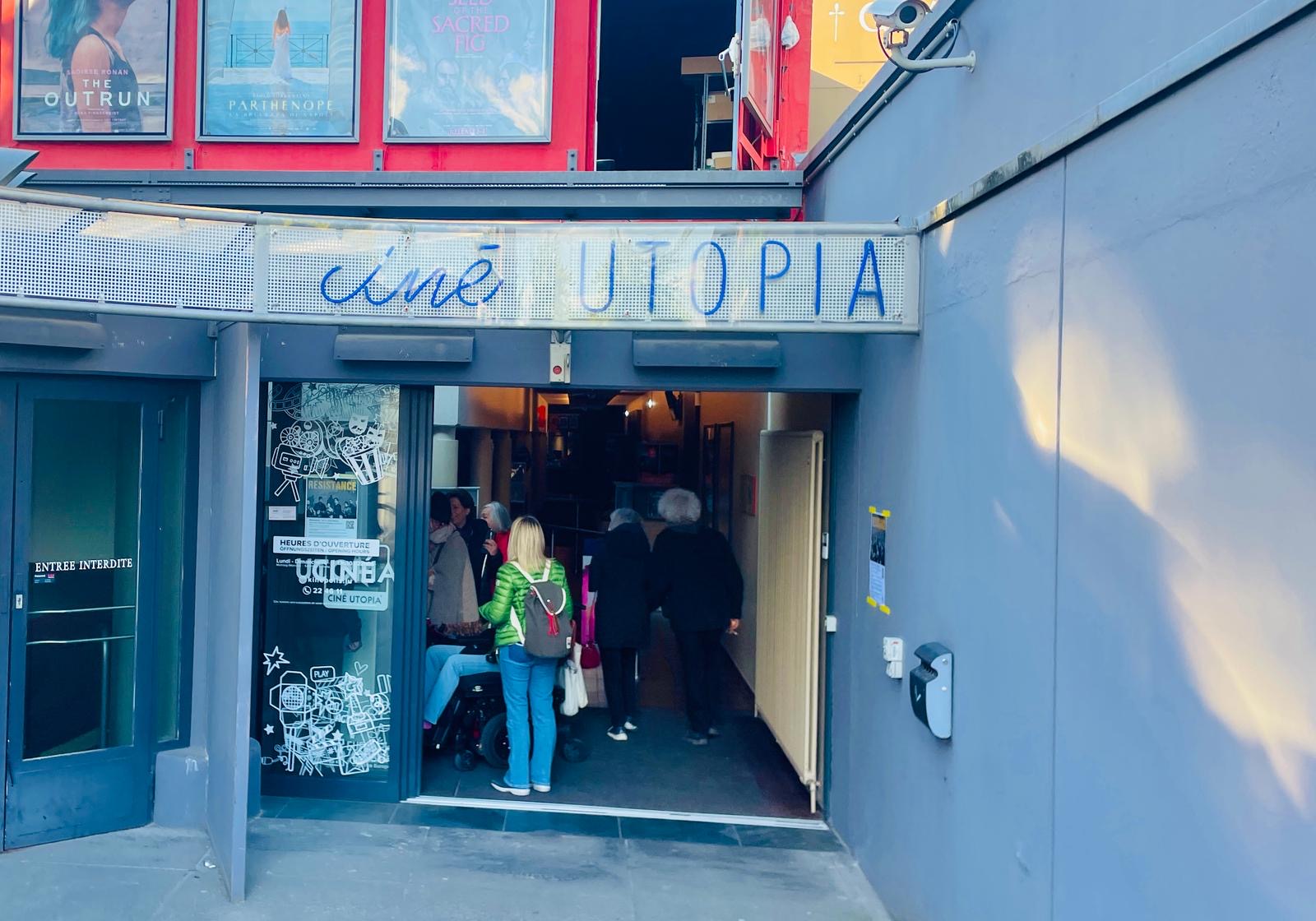
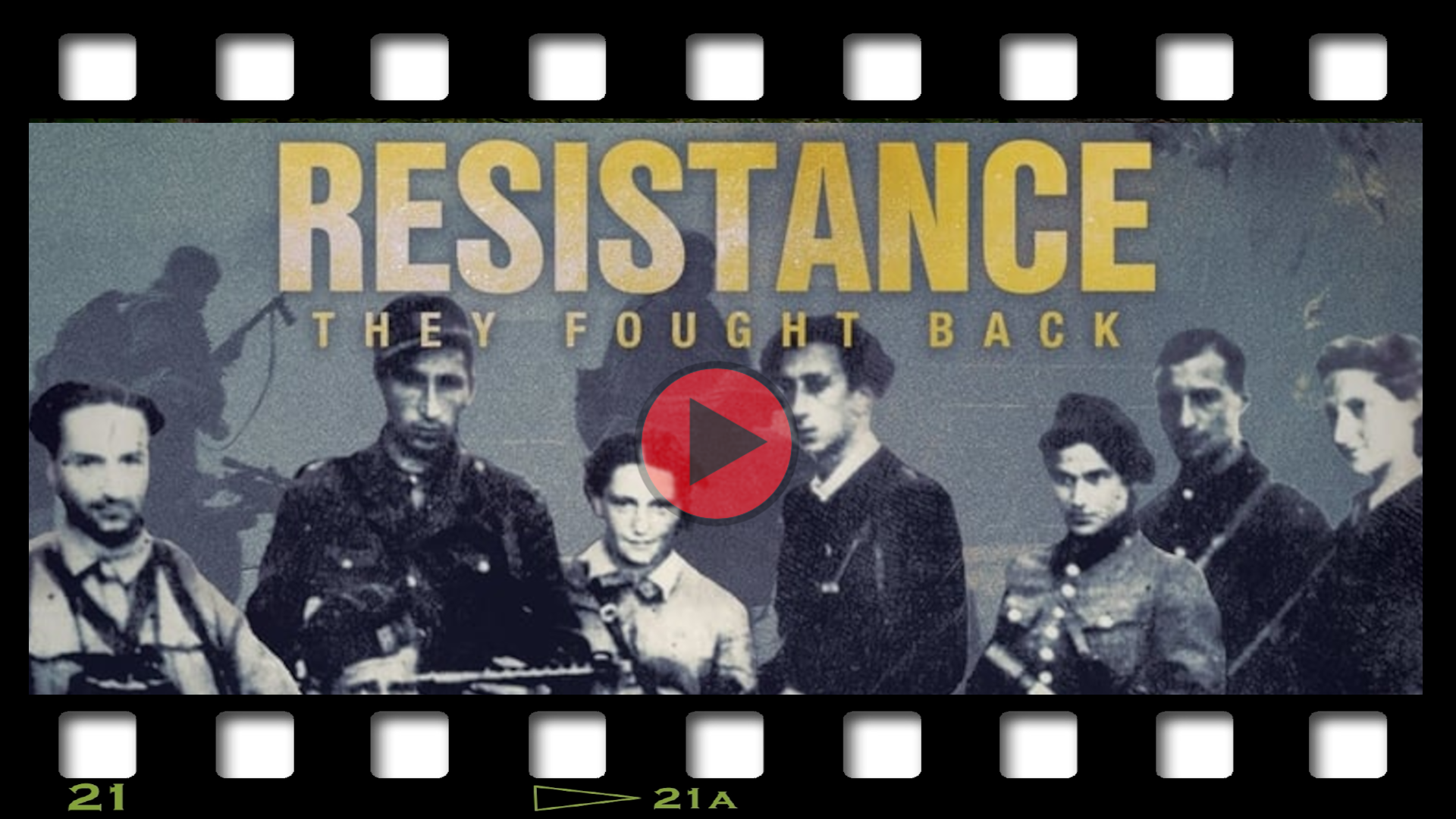
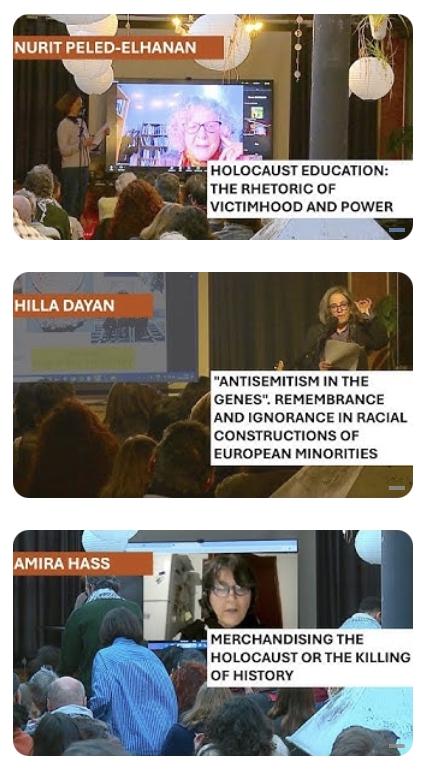
 Detailed Program
Detailed Program
